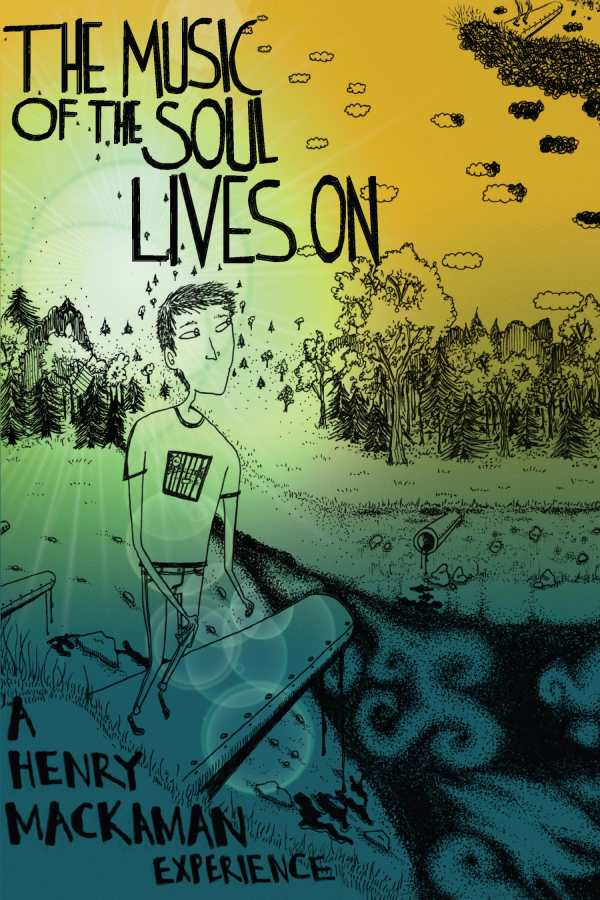The Music of the Soul Lives On
A Henry Mackaman Experience
- 2017 INDIES Finalist
- Finalist, Anthologies (Anthologies)
Mackaman’s tales strike deep emotional chords; some are laugh-out-loud funny.
Henry Mackaman passed away from bacterial meningitis at the age of twenty-one, one credit away from graduating with a double major in economics and creative writing. Immensely talented and wise beyond his years, Mackaman composed short stories, poems, and song lyrics, many of which live on in this text, which was compiled by his friends and family. The Music of the Soul Lives On traverses joys and heartbreaking tragedies in a loving, scrapbook-like manner.
Organized by theme, Mackaman’s pieces ebb and flow with magic. His stories are poetic, his poems sing, and his songs tell stories. Read in order and in context with the essays, quotes, and photos provided by his peers and family members, the book often brings tears to the eyes. The only odd fits are the winning stories of the Henry Douglas Mackaman Undergraduate Writers Award, which was set up in his honor at the University of Wisconsin–Madison.
Mackaman’s tales strike deep emotional chords. In “Tom Copper’s Wax Graveyard,” a musician-cum-mortician presses cremated ashes into vinyl records so that “the music of the soul [may] live on,” but he becomes crazed when he hears the voices of the deceased speaking on the records when they play. Stories with themes of death are particularly poignant, not only because they are pertinent to the book as a whole but because they excavate universal human feelings, like fears and transient wishes, and lay them out in unique and exacting ways.
Some stories are laugh-out-loud funny; “The Misadventures of Burchard and Hawkins: A Trilogy” proves Mackaman’s skill in maintaining eloquence in various genres. It’s a fun story, full of puns, repetition, and British humor akin to that of Jeeves and Wooster.
The visual aspects of the book—photos of Mackaman throughout his life, illustrations drawn by the girl he was dating, graphic design features like radio waves from his time as a DJ in college and the font created from his handwriting, and the book’s color scheme—bolster the book’s emotional impact and weave its themes together, resulting in a cohesive whole. The wave of Mackaman’s heartbeat, now in the chest of his organ transplant recipient and college professor, is particularly moving. That he touched many lives is obvious.
Without the scrapbook of information included, Henry Mackaman’s short stories could stand by themselves as a collection. While The Music of the Soul Lives On was obviously constructed as a tribute to the young man specifically for the numerous people whose lives he affected, strangers to Mackaman will also find wisdom in his words.
Reviewed by
Aimee Jodoin
Disclosure: This article is not an endorsement, but a review. The publisher of this book provided free copies of the book and paid a small fee to have their book reviewed by a professional reviewer. Foreword Reviews and Clarion Reviews make no guarantee that the publisher will receive a positive review. Foreword Magazine, Inc. is disclosing this in accordance with the Federal Trade Commission’s 16 CFR, Part 255.

